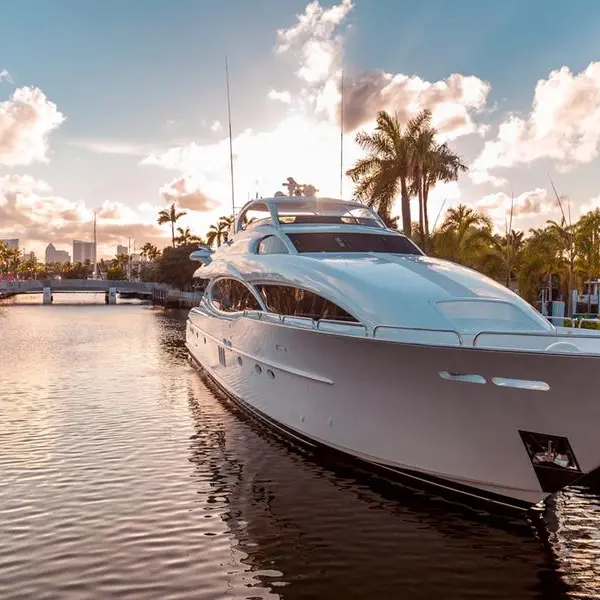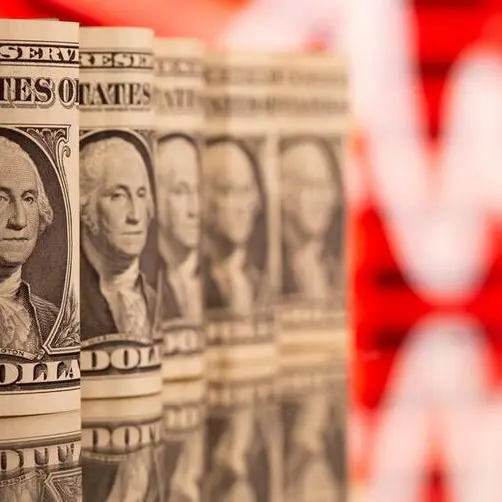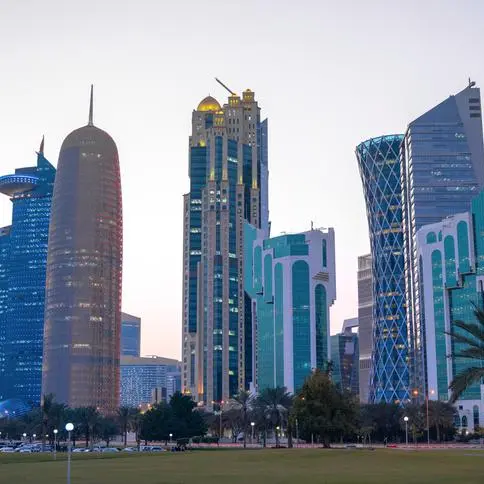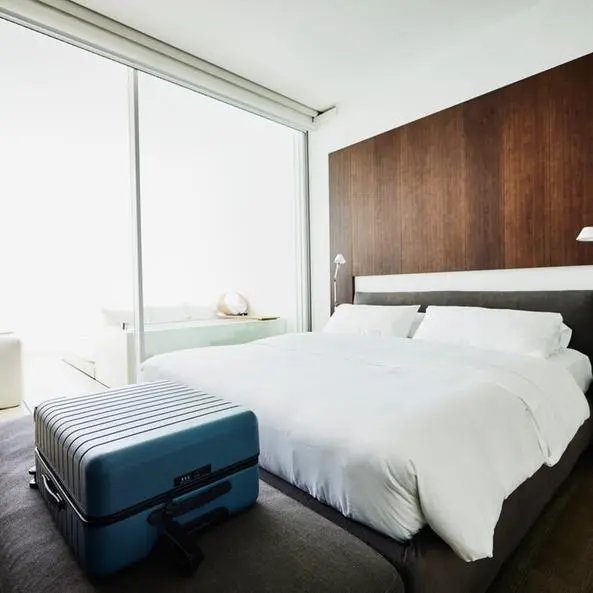PHOTO
The adoption of sustainable practices in the travel and tourism sector has seen one Dubai hotel cut down on the use of 1.4 million plastic bottles, leading to an annual reduction in carbon emissions amounting to 116 tonnes.
These figures were shared by the Dubai Tourism CEO Issam Kazim in a speech at the ongoing Climate Future Week at the Museum of the Future. Referring only to “a 800-room property,” Kazim revealed that the hotel’s use of 500ml bottled water had previously averaged 117,000 units per month, with annual expenses amounting to approximately 440,000 UAE dirhams ($119,809).
Once the hotel partnered with the emirate’s Dubai Can initiative, which was launched last year to reduce single-use plastic waste in the city, the property was able to save more than one million bottles from being sent to the landfill. It was encouraged instead to install a bottling plant to help distribute refillable glass bottles of water to each room.
With the UAE hosting the annual climate conference COP28 in December, sustainability has been a focus for the country’s hospitality and tourism industries.
Across the highway from the Climate Future Week, the Future Hospitality Summit concluded on Wednesday with sustainability as its theme. Sharing insights into Radisson Hotel Group’s push towards green initiatives, Inge Huijbrechts, Global Senior Vice President, Sustainability, Security and Corporate Communications, said the brand has been hosting 100% carbon-neutral meetings since 2019, “where we automatically offset the carbon footprint of every meeting and event held in our hotels in EMEA and APAC,” she wrote in a note for the summit, adding: “Since the launch, we have offset 37,800 tons of CO2, the equivalent of taking 6,500 petrol-driven cars off the road at zero cost to our clients.”
According to Booking.com’s ‘Sustainable Travel Report 2023’, out earlier this year, 76% of global travellers said they wanted to travel more sustainably over the coming 12 months, which was a 16% increase since 2021 and a 5% increase since 2022, according to the company’s data.
“Sustainability must now be top of mind for any destination’s long-term investment and hospitality development to tap into this evolving landscape,” Raki Phillips, CEO, Ras Al Khaimah Tourism Development Authority (RAKTDA), said at the summit.
Similar to Dubai Tourism’s adoption of sustainable practices in the tourism sector, RAKTDA has also set guidelines and protocols in place to regulate green standards, which includes working closely with its burgeoning hospitality sector.
“To provide independent and transparent credentials, we work with EarthCheck, experts in global environment, to co-create green practices and, together with our hotel partners, collectively reduce food wastage, energy and water consumption, as well as undertake green procurement from local suppliers. In addition, we have launched the ‘Green Hotels Rating’ with the aim to achieve 100% integrated sustainability across our hotels,” Phillips stated at the summit.
RAKTDA has also adopted a ‘Balanced Tourism’ agenda that involves a controlled pipeline of sustainable development to address issues surrounding ‘over-tourism’, such as over-development, crowding of heritage sites, and the spoiling of Ras Al Khaima’s unique natural environment.
Elsewhere, the Hilton Group, which has one of the largest pipelines in the Middle East, with close to 100 hotels and almost 25,000 rooms, and set to open in the region in the near future, has also launched its carbon-reduction goals with the aim to cut emissions intensity by 75% in its managed portfolio by 2030, including in the Middle East.
In May, Abu Dhabi’s Department of Culture and Tourism also issued new sector-specific sustainability guidelines, with a pledge towards net zero carbon for all events by 2050, a carbon calculator to estimate the carbon footprint of hotels in the UAE capital, and a sustainability audit for all hotels in the emirate.
(Reporting by Bindu Rai; editing by Seban Scaria)





















